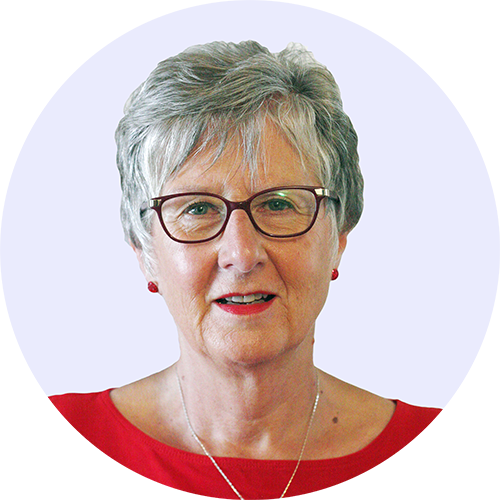WORKSHOPS
GDP CONSULTING
How to Build a Team That Actually Functions as One
To align common goals. build effective working relationships, reduce team members’ role ambiguity, and reduce or eliminate conflict, it is essential for all professionals to:
- Be able to articulate four stages of team development and how they look in the real world
- Gain an understanding of how Individual differences affect roles within the team
- Have a plan for monitoring progress toward achieving their vision.
- Have a vision of their ideal team
- How conflict starts and techniques to minimize it
- Know the principles and behaviors to guide team performance, and
- Know what prevents individuals from wanting to be part of a team
- Practice skills in supporting team development through its formative stages
- Understand how to use one constructive, specific communication technique to influence team performance; and
- Understand the difference between a team and a group.
This workshop is designed to achieve these outcomes.
Factors that Stop Us from Being Our Best Selves and Tools to Turn That Around
All professionals are busy, and many are overworked. Some feel unseen and unappreciated. To be our best selves, they have to have a set of tools that enable them to be visible and confident the majority of the time. This workshop is about tools in the toolkit of awesome professionals. It addresses how our
- Ability to fall/fail gracefully is essential
- Ability to listen to ourselves is essential
- Ability to shift our view can change our reactions
- Brains can sabotage or support us
- Ego needs to step aside when we need help
- Emotions can be a great support system
- Focus on the now is essential
- Integrity muscle is essential for our mental and physical wellbeing.
- Lens may be influencing us negatively or positively
- Minds can rule the day and ruin it
- Past can be either a negative or a positive influencer
- Signature voice can keep us on the best path to success
- Story affects how we see the world
- Support needs to come from the best places, and
- Truth can free us to remain calm and choose our reactions
How Our Story Influences What We See and How We React
Our culture, upbringing, and professional educational experiences influence how we choose to lead. Some of the patterns we adopt are healthy, and others can be threatening to others. It is vital to understand the power of our story and how it impacts morale, harmony, and productivity, to create a reliable culture of trust,
In this workshop, participants learn the patterns that
- Are based on beliefs rather than truths
- Are interpreted as threats
- Can shift how we react from threat to trust
- Change how and when we can accept where we are, and
- Emanate from our emotional addictions
- Enable a person to shift
- Enable our story to control what we say and do without anticipating the consequences
- Enable participants to see how their story is preventing them from keeping the 15 commitments of conscious leadership (everyone is a leader): responsibility; curiosity; feelings; candor; gossip; integrity; appreciation; genius; play; opposite of my story; approval; enough; allies; win for all; and being the resolution, and
- Enable us to reach in our toolbox and find the tools to shift.
- Influence our ability to be present
- Influence when we use a passive, driving, supportive, or signature voice
- Our brain engages in (brat, judge, perfectionist, etc.) different patterns at different times.
- Promote trust, and
- Strengthen our knowledge of our intentions
How One’s Mindstyle Can Influence One’s Effectiveness at Work
In this workshop, participants become more aware of which learning style and thinking style works best for them. Once participants know their style, they can then analyze how their team members think and learn. This knowledge helps participants understand other people better, identify how to approach others in the future, articulate how to ensure tasks are completed successfully, and to avoid conflict. Participants become more flexible when they understand how these styles influence their communication, strengths, and weaknesses.
Participants will:
- Identify how communications can shift to be more effective
- Identify their dominant style
- Know that all mindstyles are beneficial in different circumstances.
- Learn strategies to build bridges from one mind style to another
- Learn the strengths and needs associated with each style
- Understand how our dependence on the outside world influences effectiveness at work, and
- Understand their dominant modalities and how this influences communication with others.
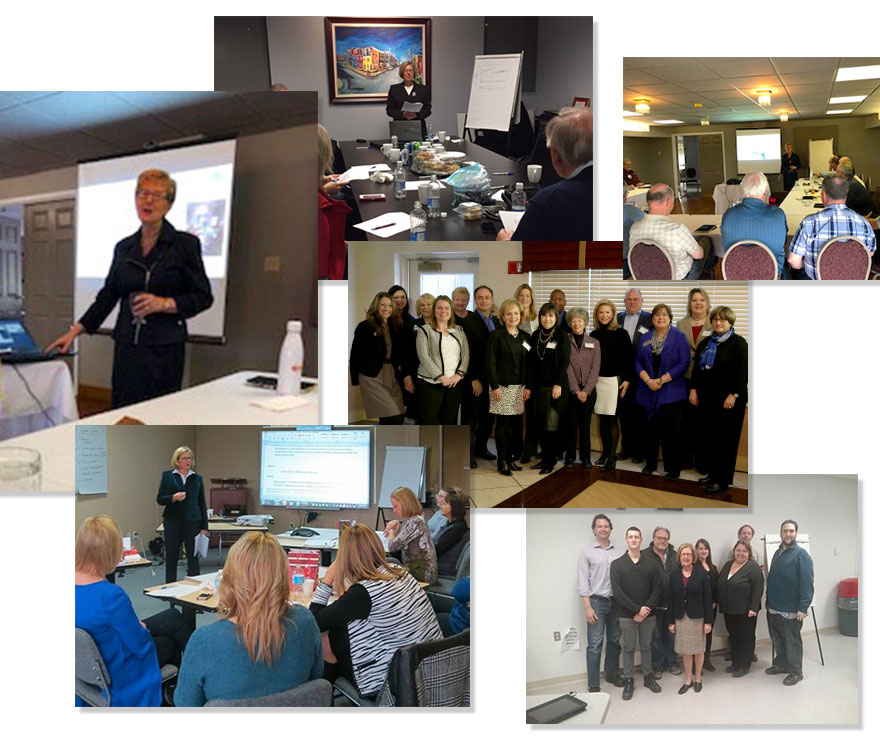
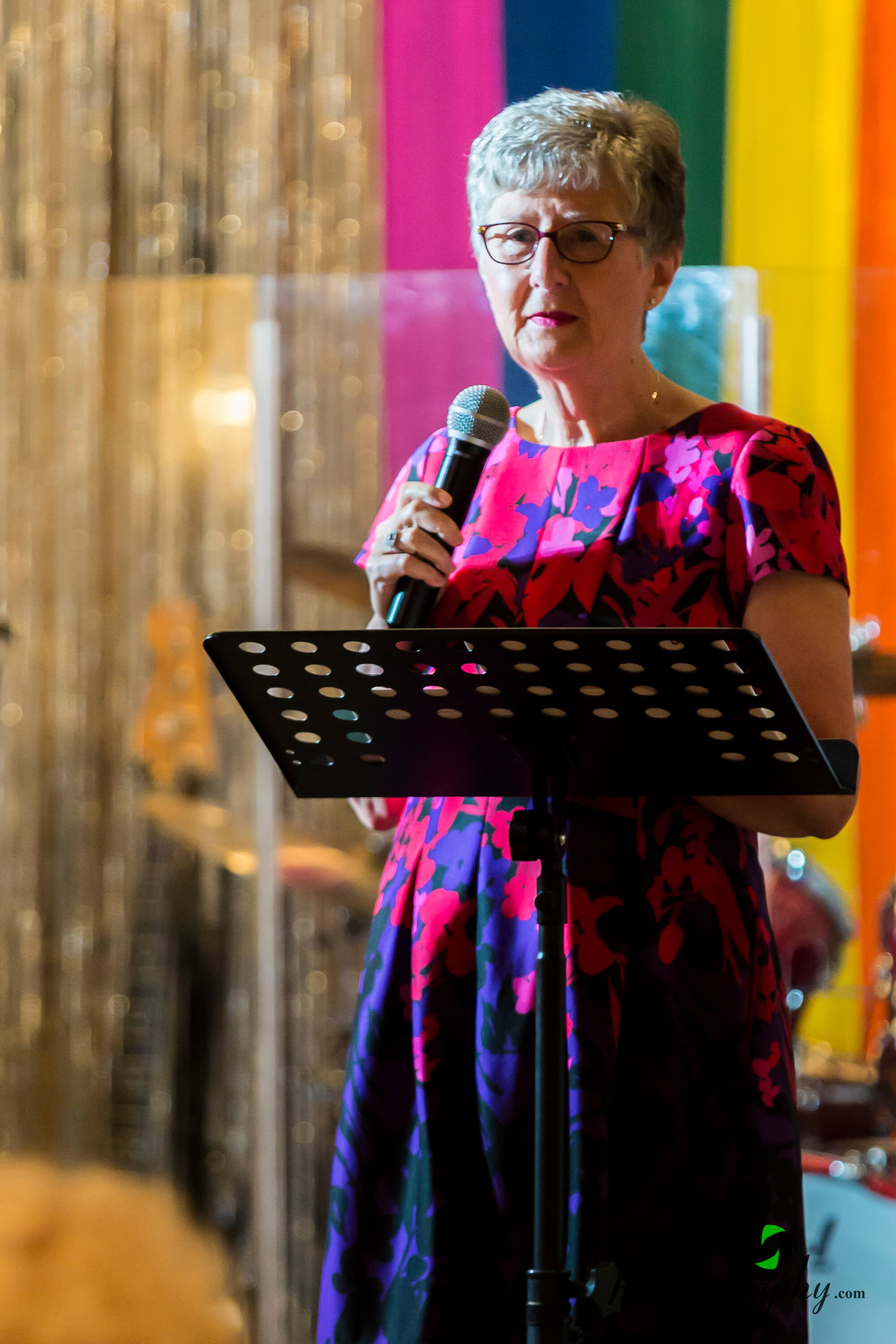
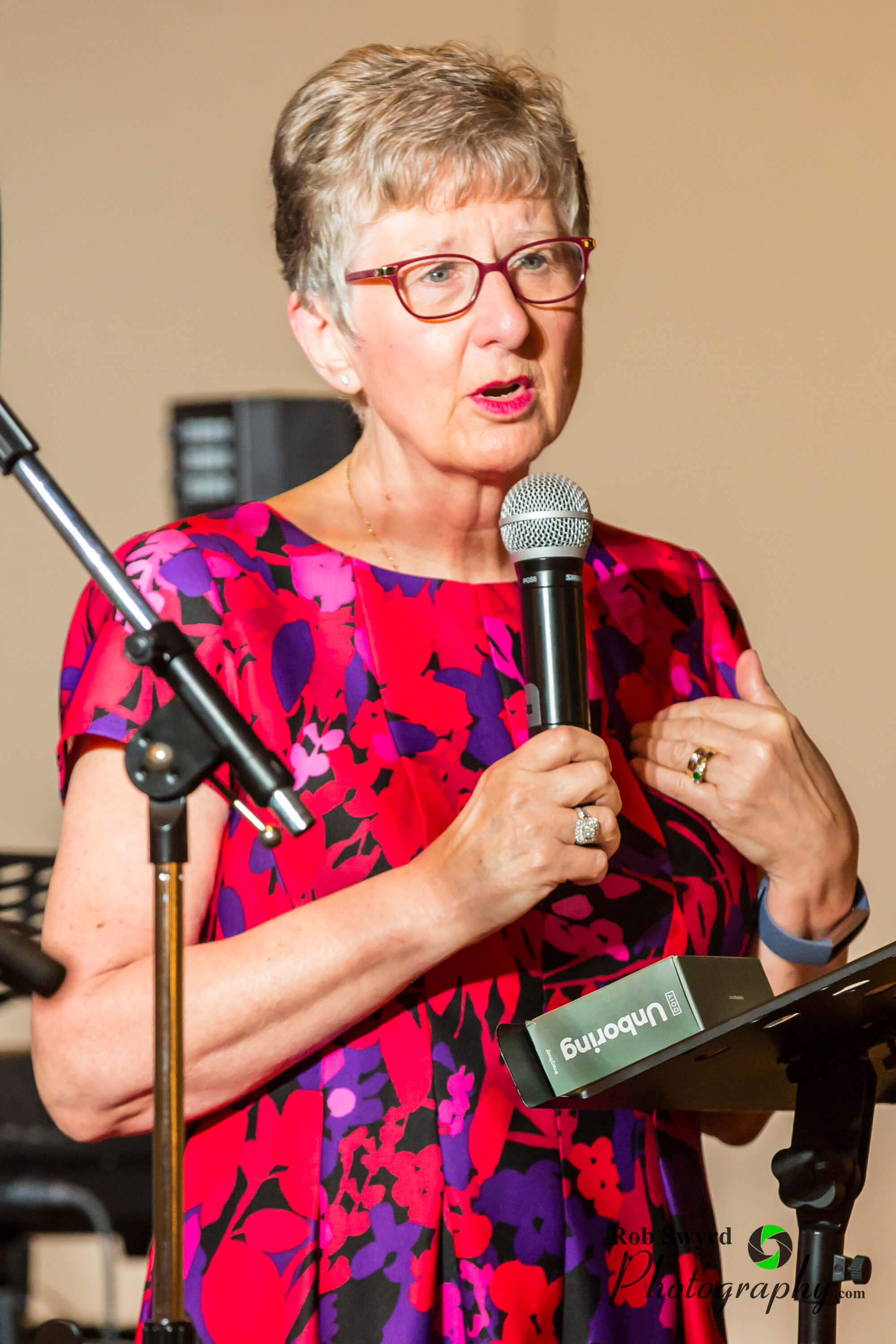
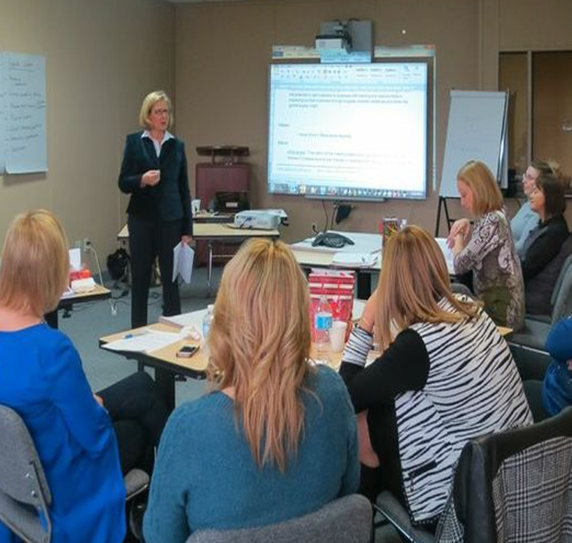
What Clients Are Saying
About Dr. Brenda Kelleher-Flight
As a Certified Professional Coach, Brenda helps individuals and teams
- Align their actions with their desired outcomes,
- Master the skills necessary to plan for, achieve and measure their desired results, and
- Achieve the working climate or life they desire.
As well as being a Qualified Mediator and a Master Business Coach, Brenda holds a Ph.D. in Governance. She works with all types of boards and their CEOs to build strong productive teams, use time efficiently and effectively, and plan ensuring the results desired are achieved.
